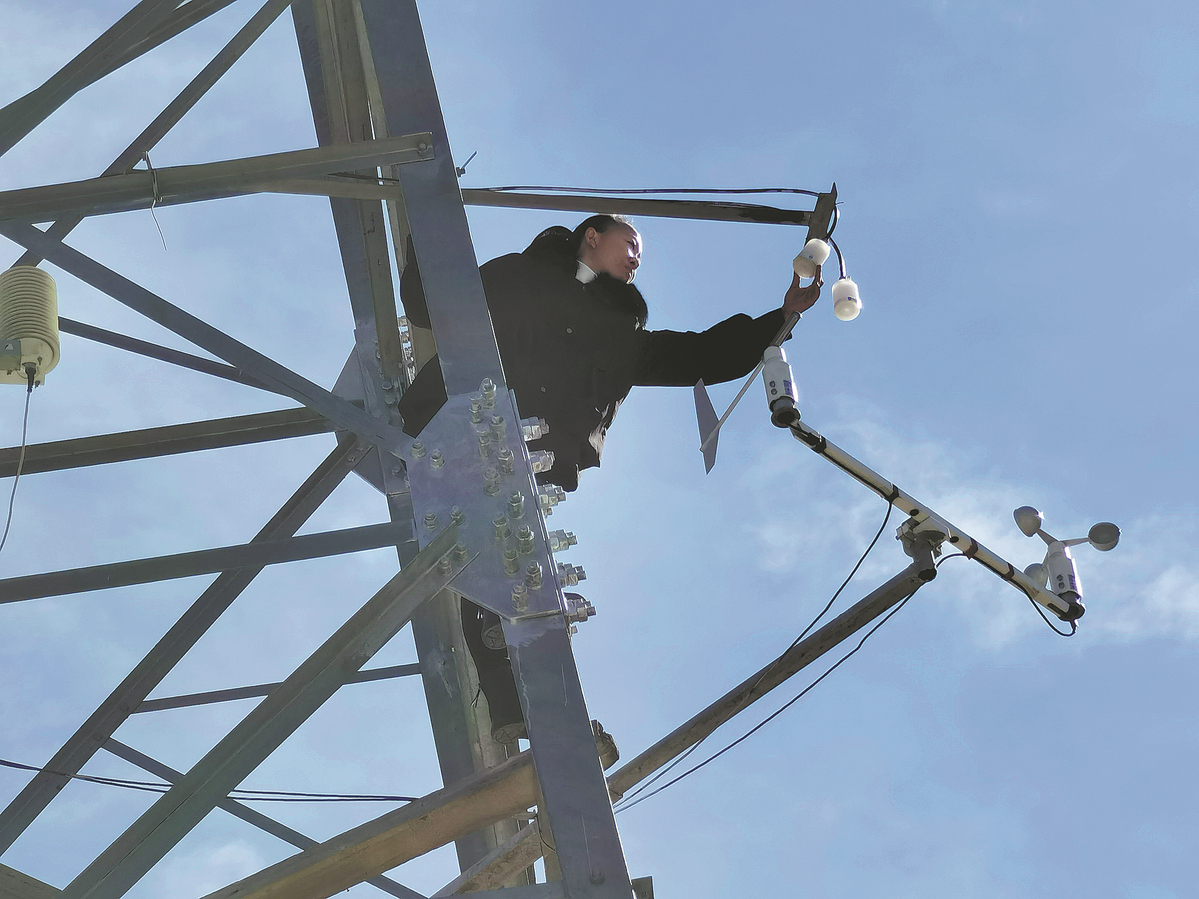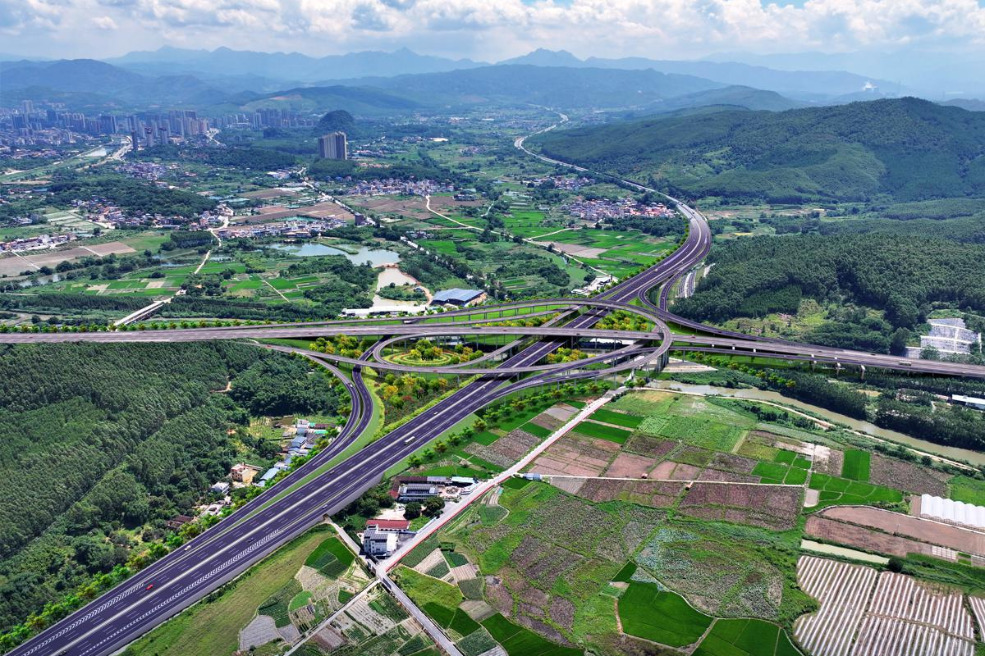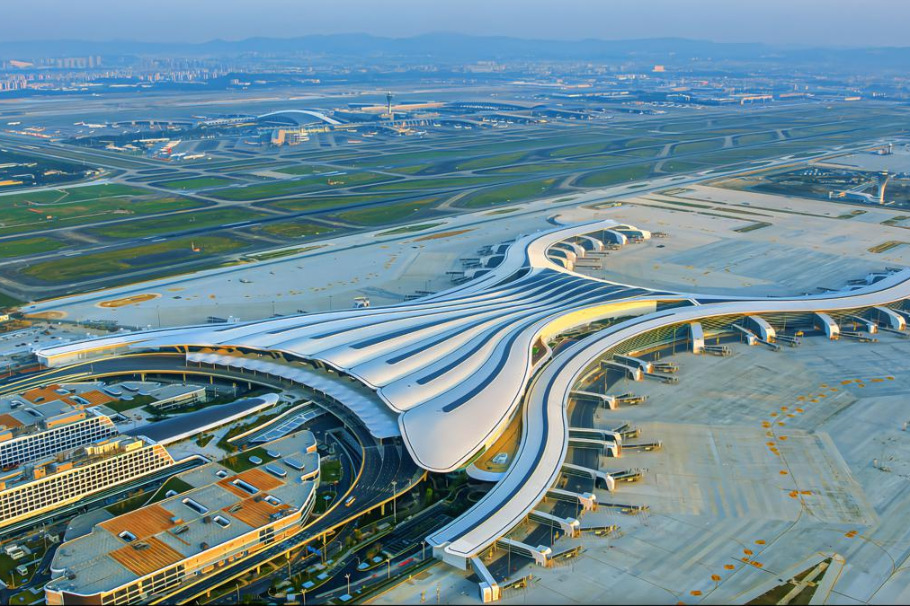Nation leads regional fight to improve air quality
Developing countries look to learn from China's efforts to boost growth while reducing pollution


Alliance suggested
Rajendra Shende, the founder director of the India-based Green TERRE Foundation, said in an interview with China Daily: "In a bid to make speedy progress in economic development, every emerging country faces the problem of air pollution due to the burning of fossil fuel."
He said China, India and other emerging economies in South Asia should establish an alliance to combat climate change and air pollution and share the lessons they have learned.
Wang Shuxiao, a professor at Tsinghua University's School of Environment, said there is high demand from the Global South to learn from China's knowledge on curbing air pollution.
She helped prepare "The Air Pollution in Asia Pacific: Science-based Solutions" report for the United Nations Environment Programme, and since 2015 has collaborated on air quality management with India, the Philippines and Thailand.
The professor has seen many experts and officials from other nations come to China to learn about the country's air quality management experiences.
Wang said a major attraction of the Chinese approach was that "the country has seen rapid air quality improvement, while simultaneously its economy has kept growing at almost the same pace".
Instead of following a one-size-fits-all approach, regions have rolled out different measures based on their local circumstances, she said.
Many developing countries may still be able to find air pollution control strategies in China that will also meet some of their needs despite having different national conditions, Wang said.
What amazes other developing nations is that China has seen significant development in technologies for air quality management, which have provided solid support for the government in its drafting of air quality policies and upgrading standards, she said.
China now leads the world in developing high-resolution emission inventories and the technology for source apportionment — the practice of deriving information about pollution sources and the amount they contribute to ambient air pollution levels. In addition, China has also made great progress in air quality forecasting technologies and integrated assessment modeling.
- Report: China retains crown in global scientific papers published
- China to improve policies on duty-free shops to boost consumption
- China accounts for over half of world's hot papers: report
- China's defense chief to attend meetings with ASEAN defense leaders
- HPV vaccines to be included in national immunization program
- Chinese military pledges greater capacity to crush 'Taiwan independence' secessionists





































